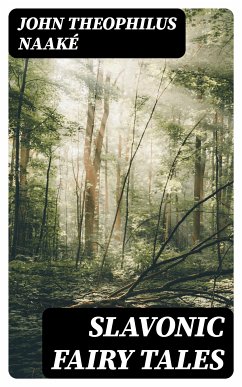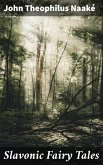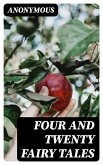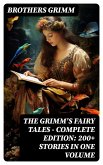In "Slavonic Fairy Tales," John Theophilus Naaké presents a captivating anthology of traditional folk tales that encapsulates the rich cultural tapestry of Slavonic folklore. The collection showcases a variety of narrative styles, ranging from whimsical and humorous to darkly moralistic, reflecting the diverse human experience shaped by Slavic traditions. Naaké's deft storytelling is complemented by his acute cultural insights, tracing these tales to their historical roots while also enjoying the vibrant immediacy of the oral tradition. His careful preservation of dialects and idioms brings these enchanting stories to life, inviting readers into a world of mythical creatures, brave heroes, and moral lessons steeped in Slavic heritage. John Theophilus Naaké was a renowned philologist and folklore enthusiast, whose extensive travels through Eastern Europe provided him with a profound understanding of Slavic languages and cultures. His deep respect for the oral traditions and a passion for preserving the vernacular tales inspired him to compile this collection. Naaké's scholarly background, intertwined with his commitment to explore and document the folklore, resulted in a meticulously curated anthology that serves both as a literary treasure and a cultural archive, championing the stories that shaped communal identities. "Slavonic Fairy Tales" is an essential read for those interested in folklore, anthropology, and the storytelling traditions of Eastern Europe. Naaké's work offers not only entertainment but also a lens through which to explore the values and beliefs of Slavic cultures. It is a timely reminder of the importance of preserving oral narratives and a testament to the power of storytelling that transcends borders and generations.
Dieser Download kann aus rechtlichen Gründen nur mit Rechnungsadresse in A, B, BG, CY, CZ, D, DK, EW, E, FIN, F, GR, H, IRL, I, LT, L, LR, M, NL, PL, P, R, S, SLO, SK ausgeliefert werden.









